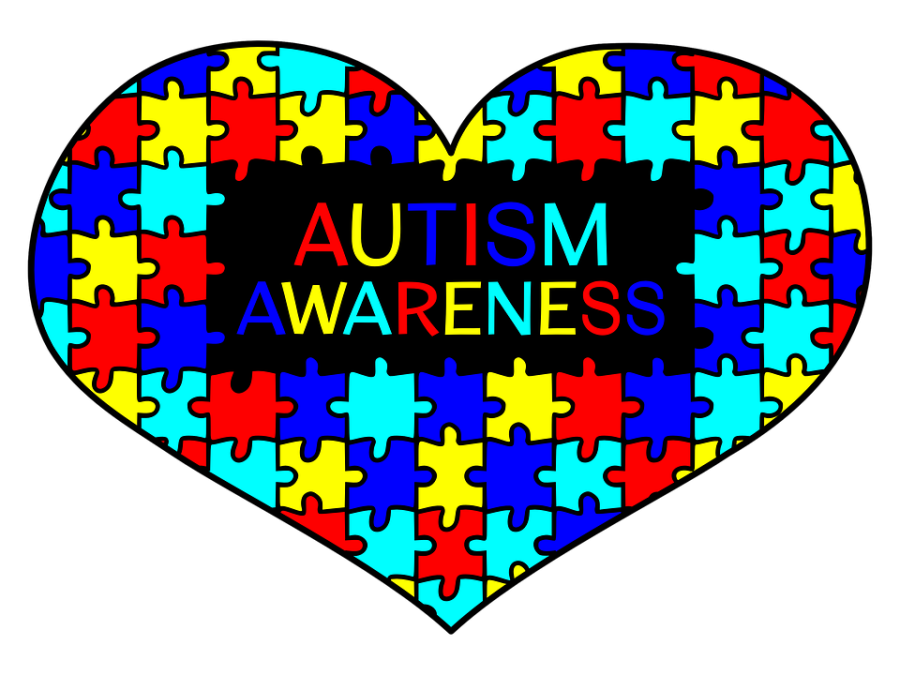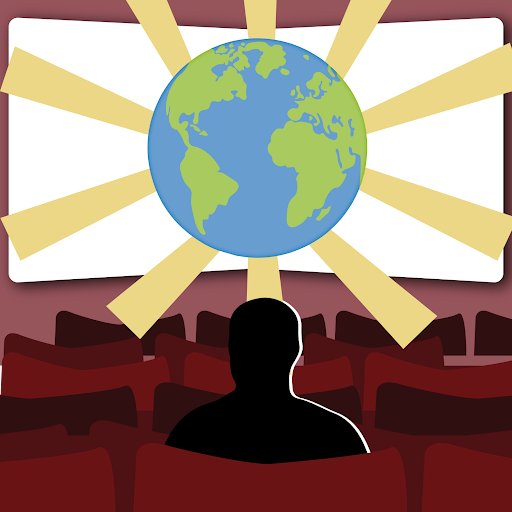Outbreaks of violence on October 7th have launched a large-scale conflict that has killed over 2,500 Palestinians and 1,400 Israelis, and numbers continue to climb every day. After attacks from the Hamas group, Israel has launched a mass retaliation. Through the confusion of news, misinformation, and social media, it can be hard to fully understand the conflict, which has been ongoing since 1947. Though the issue is vastly complicated, this article will hopefully provide some important context that can shed light on the situation.
Palestine was a territory controlled by the British Empire after it was conceded by the Ottoman Empire after their loss in World War 1. In 1917, Britain issued the Balfour Declaration, formalizing its support for the creation of a state for Jewish people in the territory that was currently Palestine. The reasons why Britain chose to support the creation of Israel are unclear, especially because the world at the time was riddled with anti-Semitic actors. Many historians believe that England did this to strategically divide the Middle East ideologically and religiously. Regardless of the reasoning, this spurred the conflict that would continue to this day.
Tensions really began in the region following the mass migration of Jewish people to Israel after the Holocaust. In 1947, both the United Nations and England got involved, attempting to draw borders in a way that would appease both Israel and Palestine. It’s important to note that Jerusalem, a significant area in all Abrahamic religions contains important religious locations, like the Western Wall, the Dome of the Rock, and the al-Aqsa Mosque, was put under UN control because of its importance. The UN resolution angered Palestine, and when Israel declared its independence in May 1948, the First Israeli-Arab war began, as Arab countries, including Lebanon, Syria, Transjordan, Iraq, and Egypt banded together to fight against the creation of Israel. Despite this, Israel gained the upper hand in the war and proceeded to forcibly remove Palestinians from their land, forcing them into the West Bank and the Gaza Strip. An armistice was negotiated by the UN in 1949, but the peace was fragile.
Conflict broke out again in 1967 in the 6-Day War, where Israel launched a preemptive attack against its Arab neighbors again, this time driving Jordan out of the West Bank and capturing the Golan Heights from Syria. Losses on the Arabic side were severe, with 11,000 casualties from Egypt alone. compared to the 700 casualties on the Israeli side. This conflict also shifted the power in the region, launching a crisis where hundreds of thousands of Palestinian refugees were created.
Amidst the backdrop of war and violence, the Palestinian Liberation Organization (PLO) was created to advocate for the rights and freedom of Palestinians. In 1987 and 2000, 2 uprisings (Intifadas) occurred that both advocated for liberation. The Second Intifada, in 2000, allowed Palestine to have autonomy over the West Bank and Gaza. The PLO controlled the region until Hamas, a more militant organization (the same group that launched attacks on Ocotober 7th), won an election to control the region and gained more power, leading to the establishment of a blockade by Israel. The blockade remains today and is the basis of the modern conflict. The blockade has created horrible conditions in Palestine, where the UN estimated that 81% of Palestinians live in poverty, with only 5% of the water estimated to be drinkable.
While peace has been attempted multiple times, both through delegation from international actors and the parties themselves, nothing has stuck. While Israel would like for themselves to control the region entirely, Palestine has advocated for a two-state solution, where the 2 groups would share the land and establish states independent of one another. Palestine and adjacent groups have also tried nonviolent means to negotiate the crisis many times. A prominent example is the BDS strategy, or Boycott, Divestment, Sanctions movement, where countries and people are encouraged to boycott Israeli products, divest investment from these products, and sanction the Israeli government and industry to hit the economy of Israel. These products include Sabra Hummus, SodaStream, and HP Electronics. Still, this strategy has remained unsuccessful. It is important to note that Israel has been backed by strong forces, such as the US and the UK, which has given them a strong upper hand against the Palestinians, who have received little material support, even from Middle Eastern countries. Still, Palestine has most of the Arab states in its corner, even if resources have been lacking.
This just brushes the surface of the conflict between Israel and Palestine, which has deep roots and looks unlikely to be solved soon, unfortunately. With opinions flying and global leaders left scrambling, it is clear that the conflict has widespread impacts. It will take a global community to come together to resolve the conflict, and hopefully, it can be done in a way that creates lasting peace and stability.







